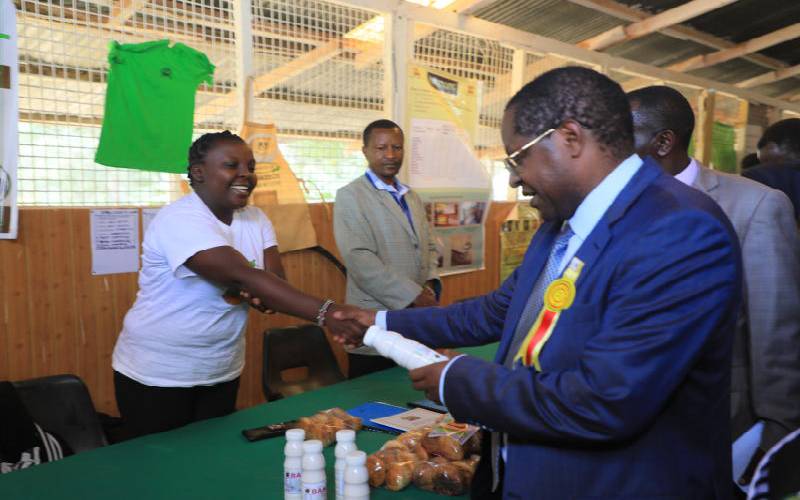×
The Standard e-Paper
Fearless, Trusted News

It is becoming harder and harder to stand out at an Agricultural Society of Kenya show these days. Exhibitors are bringing to the table increasingly innovative solutions.
However, one stand in the Embu edition of the show managed to capture the imagination of almost everyone in attendance.







